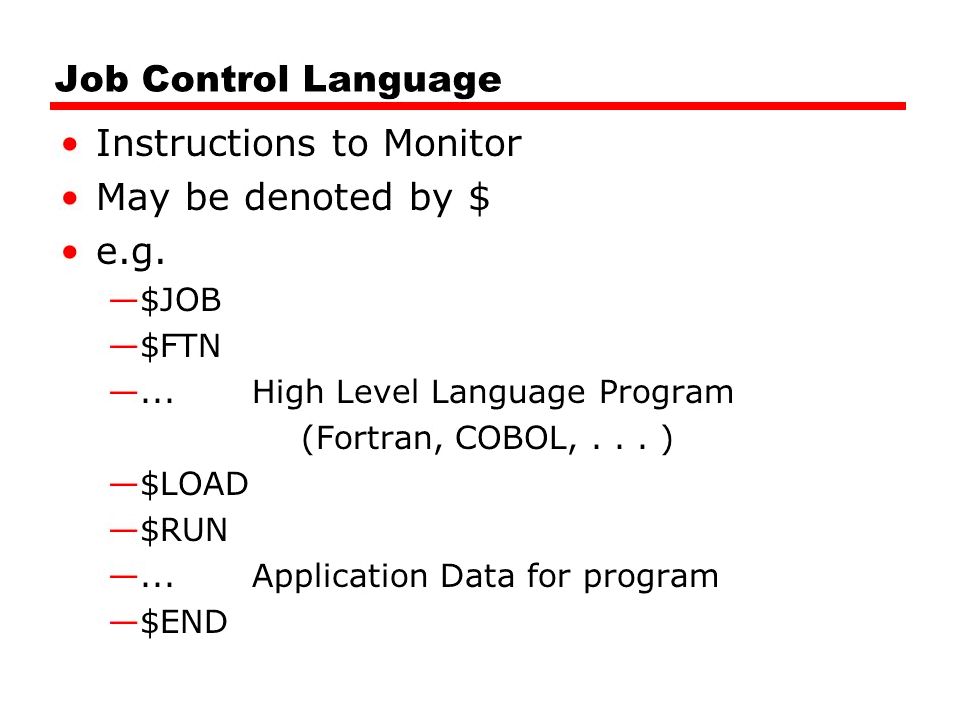
antenna (plural: antennae) In biology: Either of a set of lengthy, thin physical appendages around the heads of insects, crustaceans and a few other arthropods.
behavior The way an individual or any other organism functions towards others, or conducts itself.
wild birds Warm-blooded creatures with wings that first demonstrated up during the dinosaurs. Wild birds are jacketed in down and convey youthful in the eggs they deposit in some kind of nest. Most wild birds fly, but throughout history there has been the periodic species that do not.
bug The slang term to have an insect. Sometimes it’s even used to consult a germ.
chemical A substance created from several atoms that unite (become glued together) inside a fixed proportion and structure. For instance, water is really a chemical made from two hydrogen atoms glued to 1 oxygen atom. Its chemical symbol is H2O. Chemical may also be an adjective that describes qualities of materials which are caused by various reactions between different compounds.
chemistry The field of science that are responsible for the composition, structure and qualities of gear — chemicals — and just how they interact. Chemists make use of this understanding to review unfamiliar substances, to breed vast amounts of helpful substances in order to design and make new and helpful substances.
friend Someone who works together with another a co-worker or team member.
ecosystem A branch of biology that are responsible for the relations of microorganisms to each other and also to their physical surroundings. A researcher who works in this subject is known as an ecologist.
evolution (v. to evolve) A procedure through which species undergo changes with time, usually through genetic variation and natural selection. These changes usually create a new kind of organism more appropriate because of its atmosphere compared to earlier type. The newer type isn't always more “advanced,” just better adapted towards the conditions that developed.
fossil Any preserved remains or traces of ancient existence. There are various kinds of fossils: The bones along with other parts of the body of dinosaurs are known as “body fossils.” Such things as footprints are known as “trace fossils.” Even examples of dinosaur poop are fossils. The entire process of developing fossils is known as fossilization.
fungus (plural: fungi) Certainly one of several single- or multiple-celled microorganisms that reproduce via spores and feast upon living or decaying organic matter. These include mold, yeasts and mushrooms.
host (in biology and medicine) The organism by which another lives. Humans can be a temporary host for food-poisoning germs or any other infective agents.
infect To spread a disease from one organism to a different. This often involves presenting some sort of disease-causing germ for an individual.
insect A kind of arthropod that being an adult may have six segmented legs and three parts of the body: a mind, thorax and abdomen. You will find thousands and thousands of insects, including bees, beetles, flies and moths.
larva (plural: larvae) An immature existence stage of the insect, which frequently includes a clearly different form being an adult. (Sometimes accustomed to describe this type of stage in the introduction of fish, frogs along with other creatures.)
existence cycle The succession of stages that occur being an organism grows, develops, reproduces — after which eventually ages and dies.
link A link between a couple or things.
microscope An instrument accustomed to view objects, like bacteria, or even the single cells of plants or creatures, which are they canrrrt be visible towards the unaided eye.
neurobiologist Scientist who studies cells and processes from the brain along with other areas of the central nervous system.
parasite An organism that will get advantages of another species, known as a number, but doesn’t provide it any benefits. Classic types of parasites include ticks, fleas and tapeworms.
Petri dish A shallow, circular dish accustomed to grow bacteria or any other microorganisms.
physical (adj.) A phrase for stuff that appear in the real life, instead of in recollections or even the imagination. It may also make reference to qualities of materials that result from their size and non-chemical interactions (for example when one block slams with pressure into another).
scenario An imagined situation of methods occasions or conditions might engage in.
species A number of similar microorganisms able to produce offspring that may survive and reproduce.
spider A kind of arthropod with four pairs of legs that always spin threads of silk that they'll use to produce webs or any other structures.
spore A small, typically single-celled body that's created by certain bacteria as a result of bad conditions. Or it may be the only-celled reproductive stage of the fungus (functioning similar to a seed) that's released and spread by wind or water. The majority are shielded from becoming dry or heat and may remain viable for lengthy periods, until the weather is suitable for their growth.
supernatural Something that's related to abnormal forces, for example gods or ghosts.
venom A poisonous secretion of the animal, like a snake, spider or scorpion, usually transmitted with a bite or sting.
Resourse: https://sciencenewsforstudents.org/article/




